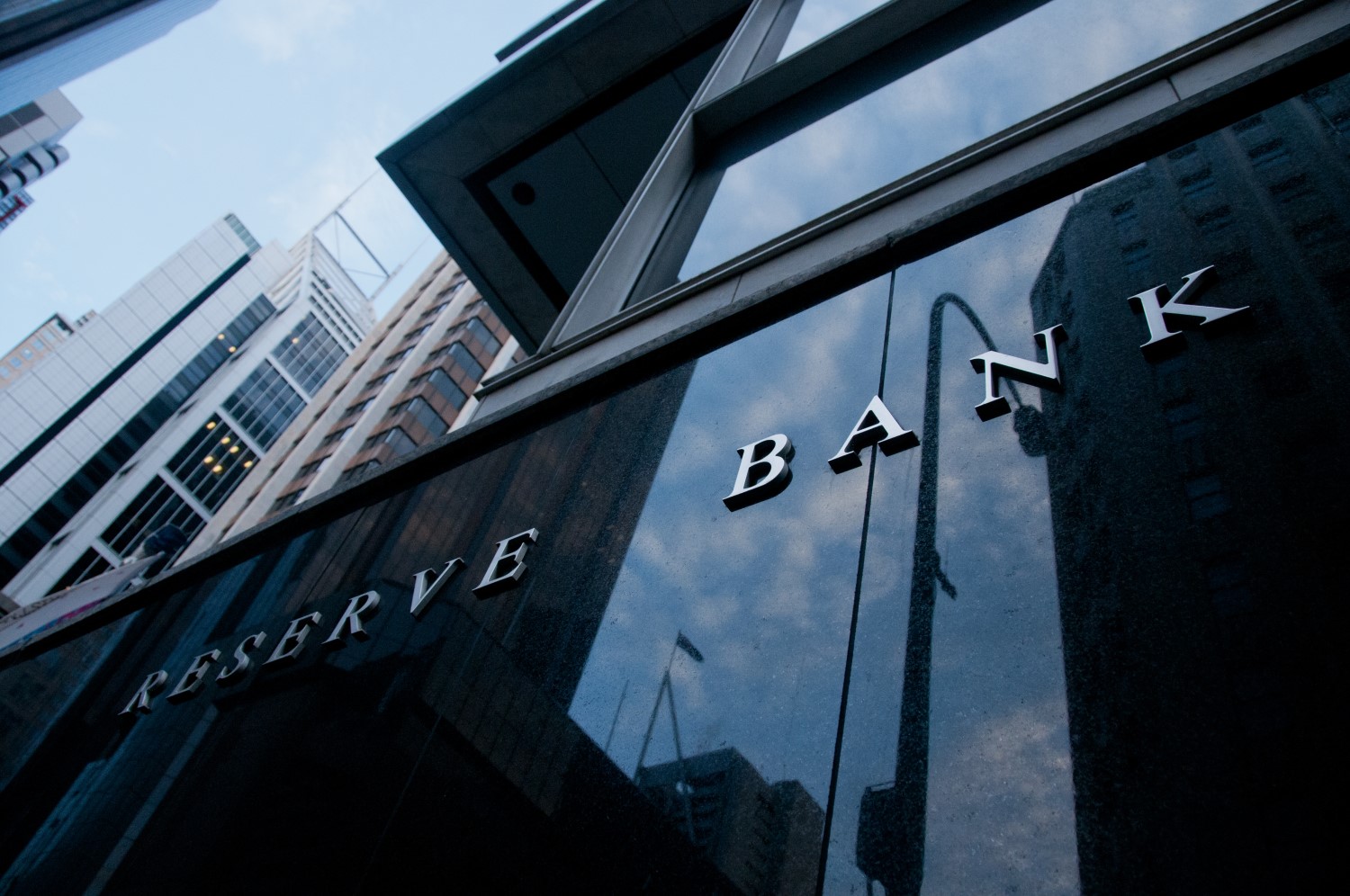A cybersecurity firm has warned cryptocurrency users to expect more attacks from North Korea, as its hackers develop “enhanced capabilities” to deliver malware through popular messaging app Telegram. Moscow-based Kaspersky Labs has been analysing new attacks from the Lazarus Group, a cybercrime group with links to North Korea, to determine how its techniques have developed since the AppleJesus attack on several cryptocurrency exchanges in 2018. In research published Tuesday, the cybersecurity firm said there have been “significant changes to the group’s attack methodology.” One case study involved what appeared to…
Day: January 9, 2020
ESMA Wants to Create ‘Sound Legal Framework’ for Cryptocurrencies in 2020
The European Securities and Markets Authority (ESMA) plans to push for more regulation around cryptocurrencies and related products as part of their 2020 focus. ESMA published its 2020-2022 priorities list Thursday, noting that EU capital markets are facing new risks from digitalization. The organization wants market participants to acknowledge and prepare for these apparent risks. “The dangers of cyberthreats to the financial system as a whole and a sound legal framework for crypto-assets are increasingly becoming areas of focus for ESMA together with the other ESAs, the ESRB, the ECB…
ESMA Wants to Create ‘Sound Legal Framework’ for Cryptocurrencies in 2020
The European Securities and Markets Authority (ESMA) plans to push for more regulation around cryptocurrencies and related products as part of their 2020 focus. ESMA published its 2020-2022 priorities list Thursday, noting that EU capital markets are facing new risks from digitalization. The organization wants market participants to acknowledge and prepare for these apparent risks. “The dangers of cyberthreats to the financial system as a whole and a sound legal framework for crypto-assets are increasingly becoming areas of focus for ESMA together with the other ESAs, the ESRB, the ECB…
AT&T’s Cybersecurity Branch Breaks Down Crypto Miner Threat to Email Servers
AT&T’s Alien Labs is dipping its toes into cryptomining malware analysis with a new technological breakdown of how a monero miner infiltrates networks. Released Thursday, the report by security researcher Fernando Domínguez provides a step-by-step walkthrough of how one rather low-profile cryptojacker infects and spreads across vulnerable Exim, Confluence and WebLogic servers, installing malicious code that mines monero through a proxy. Exim servers represent more than half of all email servers, according to ZDNet. The worm first injects target servers with a BASH script that checks for, and kills, competing…
AT&T’s Cybersecurity Branch Breaks Down Crypto Miner Threat to Email Servers
AT&T’s Alien Labs is dipping its toes into cryptomining malware analysis with a new technological breakdown of how a monero miner infiltrates networks. Released Thursday, the report by security researcher Fernando Domínguez provides a step-by-step walkthrough of how one rather low-profile cryptojacker infects and spreads across vulnerable Exim, Confluence and WebLogic servers, installing malicious code that mines Monero through a proxy. Exim servers represent more than half of all email servers, according to ZDNet. The worm first injects target servers with a BASH script that checks for, and kills, competing…
Canada’s DMG Blockchain Installs 1,000 New Bitcoin Mining Rigs for US Client
Canadian tech company DMG Blockchain Solutions has installed 1,000 new Bitcoin (BTC) mining machines at its Christina Lake mining-as-a-service facility in British Columbia. Per a Jan. 6 press release, DMG has purchased the new miners from Chinese mining giant Bitmain, with the total power consumption of approximately 1.5 megawatts. Initially announced in December of last year, the newly installed mining equipment will serve a U.S.-based client, whose name was not revealed in the release. DMG operates as an industrial scale crypto mine hosting company, allowing clients to mine crypto through…
Will Security Issues Finally Be Dealt With in 2020?
The past few years have been a watershed moment for security in crypto. As the asset class has gained popularity, more and more security breaches have been highlighted and more institutions targeted. The burgeoning industry is ripe with opportunity, but also with risk. Two incidents that highlight this lapse in security spring to mind. Back in January 2018, Coincheck Japan was targeted, with attackers succeeding in stealing $530 million worth of NEM tokens from the crypto exchange. It is one of the biggest crypto exchange heists in the relatively short…
Interpol Collaborates With Cybersecurity Firm to Tackle Cryptojacking
Interpol has collaborated with cybersecurity firm Trend Micro to reduce cryptojacking affecting MikroTik routers across South-East Asia, according to a Jan. 8 press release. Though the collaboration reduced the number of affected devices by 78 percent, this is unlikely to have made a significant impact on mining hashrate. Cryptojacking is a malicious practice where attackers infect common devices with crypto mining malware, utilizing the victim’s resources to mine cryptocurrency. Cybersecurity firm Trend Micro collaborated with Interpol’s Global Complex for Innovation, based in Singapore, to sanitize MikroTik routers infected with mining…
North Korean Hacker Group Modifies Crypto-Stealing Malware
The Lazarus hacker group, which is allegedly sponsored by the North Korean government, has deployed new viruses to steal cryptocurrency. Major cybersecurity firm Kaspersky reported on Jan. 8 that Lazarus has doubled down its efforts to infect both Mac and Windows users’ computers. The group had been using a modified open-source cryptocurrency trading interface called QtBitcoinTrader to deliver and execute malicious code in what has been called “Operation AppleJeus,” as Kaspersky reported in late August 2018. Now, the firm reports that Lazarus has started making changes to the malware. Kaspersky…
Australians Won’t Use Libra, Believes Central Bank
The Reserve Bank of Australia (RBA) has expressed doubt over whether cryptocurrencies, including Libra and central bank digital currencies (CBDCs), will ever become viable solutions. In a submission (pdf) to the Select Committee on Financial Technology and Regulatory Technology just before Christmas, RBA officials were skeptical that cryptocurrencies, in their current and future forms, would ever replace government-issued money. Although newer initiatives like Libra and CBDCs could promote financial inclusion, the bank’s current assessment is that innovation in the broader fintech space will make these solutions redundant. “In Australia, it is…








